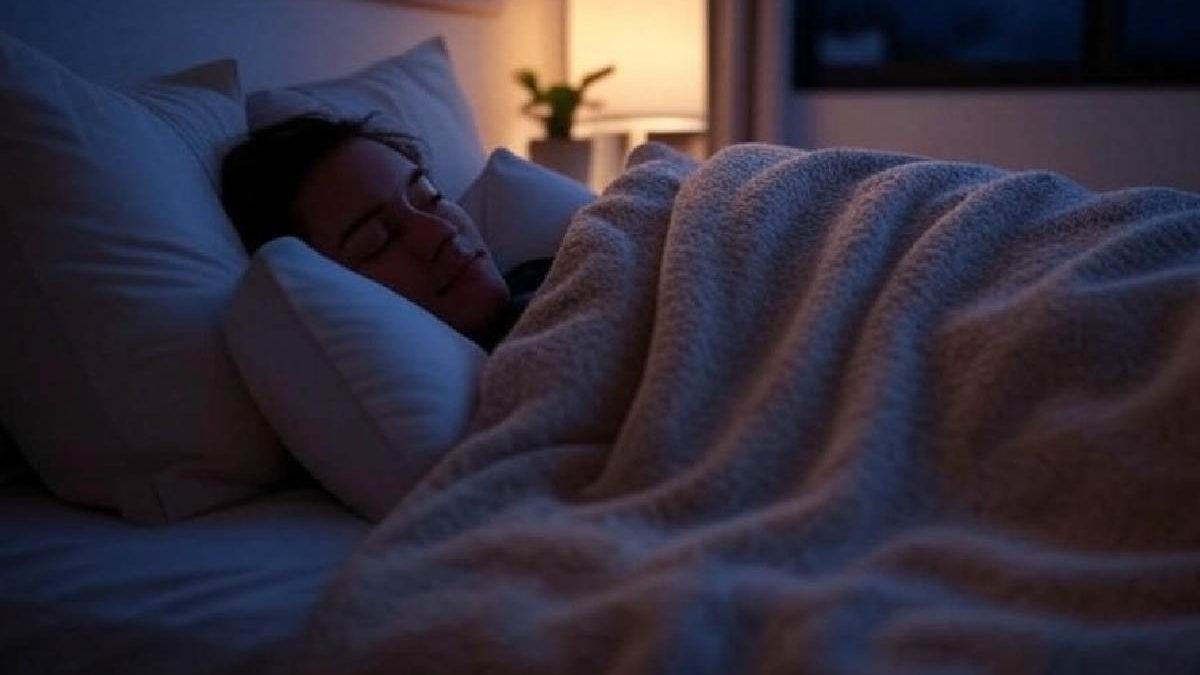But what about the stress that interferes with our sleep? We’ll look at how stress and sleep are linked and how improving sleep can help reduce anxiety, stress, and bad moods.
To help you get a moral night’s sleep, we’ve put together a list of the seven best ways to wind down before bed. We’ll start with a short-lived clarification of what we mean by the word “stress” and its relationship to sleep.
Table of Contents
What precisely is stress and why is it interfering with your sleep?
We tend to think of stress as something negative, but it’s a normal response to something perceived as a threat.
When you experience something stressful, your brain sends out a distress signal that triggers a series of chemical changes in the body. This causes an increase in heart rate and blood pressure, more oxygen to your muscles, and increased alertness.
Fortunately, there are many easy ways to break this cycle, lower your stress levels and sleep better! We’ve rounded them up into our top five tips that can help you manage stress and sleep like a baby. So let’s get started.
Exercise, but maybe not right before bed
Exercise is a great way to relieve stress. Exercising during the day increases your need for sleep and is associated with better sleep. For some people, strenuous exercise too close to bedtime can interfere with sleep, but for others it may not affect their ability to fall asleep.
It’s best to do cardio or intense workouts first thing in the morning, although light stretching or yoga before bed can help you relax.
Try mindfulness
Mindfulness and meditation have become very popular, and for good reason. Techniques involving this approach allow you to relax and help reduce blood pressure and breathing rate. Both increase due to stress.
We suggest a body scan, where you lie down and focus on every part of your body, from your toenails to your feet. You can pay attention to how each part of the body feels or if there is any pain or sensation associated with that area.
If you wake up at dark and find yourself focused on a stressful thought, deal with it with mindfulness and meditation. It uses a mind blocking technique to help calm your mind at night and allow you to go back to sleep.
Enjoy a good bath or hot shower
A warm shower or bath before bed is a countless way to relax. This reduces the strain on your muscles and can help you sleep. A hot bath or shower will also warm you up, and when you get out, your body temperature will drop.
Scientists have found that lowering body temperature helps us fall asleep, so if your bedroom is more relaxing than a hot bath, it will make it cooler for you to reduction asleep.
Create a Simple Relaxation Routine
We often establish bedtime routines for babies and children, but we don’t seem to realize that relaxing habits benefit children as much as adults.
Conclusion
Sleep loves routine, so one way to prepare your body and mind for sleep each night is to exercise regularly every night. You can incorporate some of the tips above into your relaxation routine, which can be as simple or as complex as you want.


